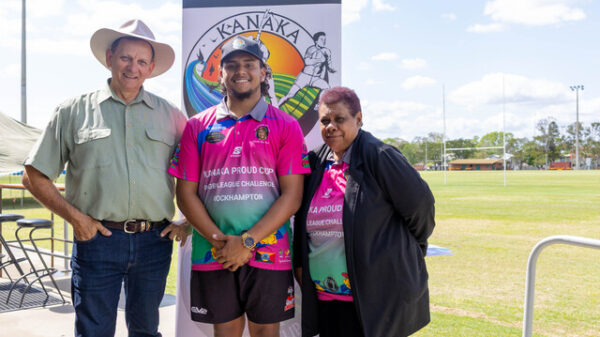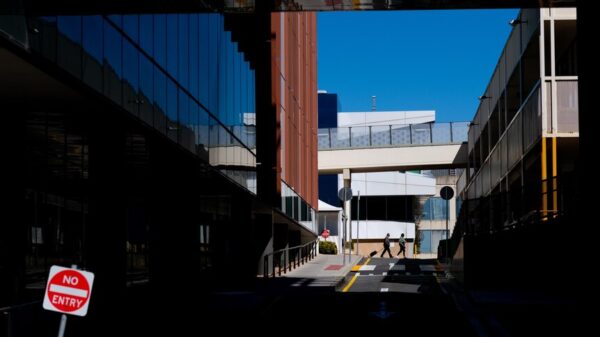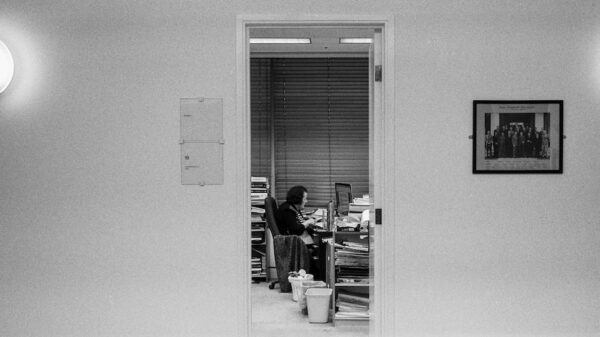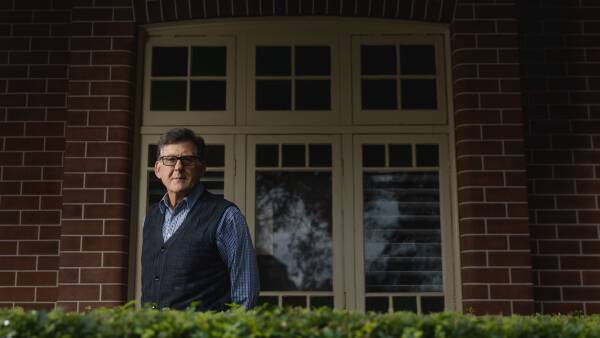A former candidate for the Greens Party, Hannah Thomas, has criticized police actions as “cowardly” following an injury she sustained during a protest in Melbourne on October 5, 2023. The incident occurred as activists gathered to voice their concerns over environmental issues, leading to a confrontation between demonstrators and law enforcement.
During the protest, Thomas was allegedly injured in a scuffle with police while attempting to assist another protester. She described the police response as excessive and expressed disappointment in their handling of the situation. “The way they treated us was cowardly,” she stated. “Instead of facilitating dialogue, they chose to escalate tensions.”
The protest was organized to demand more robust action on climate change and to highlight the government’s shortcomings in addressing environmental concerns. Demonstrators assembled peacefully, but tensions flared when police intervened to manage the crowd. Eyewitnesses reported that officers used physical force to disperse the protesters, which led to a chaotic scene.
Thomas’s remarks have sparked a broader discussion about police tactics during public demonstrations. Advocates for police reform argue that such confrontations often lead to unnecessary injuries and escalate conflicts that could be resolved through dialogue. Critics of police methods suggest that a more conciliatory approach would better serve public safety and community relations.
The police department has not yet responded to Thomas’s comments but has issued a statement regarding the incident. They emphasized their commitment to maintaining public order during protests while respecting the rights of individuals to express their views. The use of force, they noted, is always considered a last resort.
As the debate continues, Thomas’s experience has resonated with many who advocate for change in how law enforcement interacts with protesters. Her injury serves as a reminder of the potential risks associated with public demonstrations and the need for ongoing conversations about police practices.
This incident highlights a critical moment in the ongoing dialogue about civil rights and the responsibilities of law enforcement agencies in democratic societies. Activists are urging for reforms that prioritize de-escalation and communication rather than confrontation.
As protests remain a vital aspect of civic engagement, the way authorities respond will likely remain under scrutiny. The call for accountability and transparency in police actions is becoming increasingly central to discussions about the future of public demonstrations and the rights of citizens to assemble peacefully.


































































